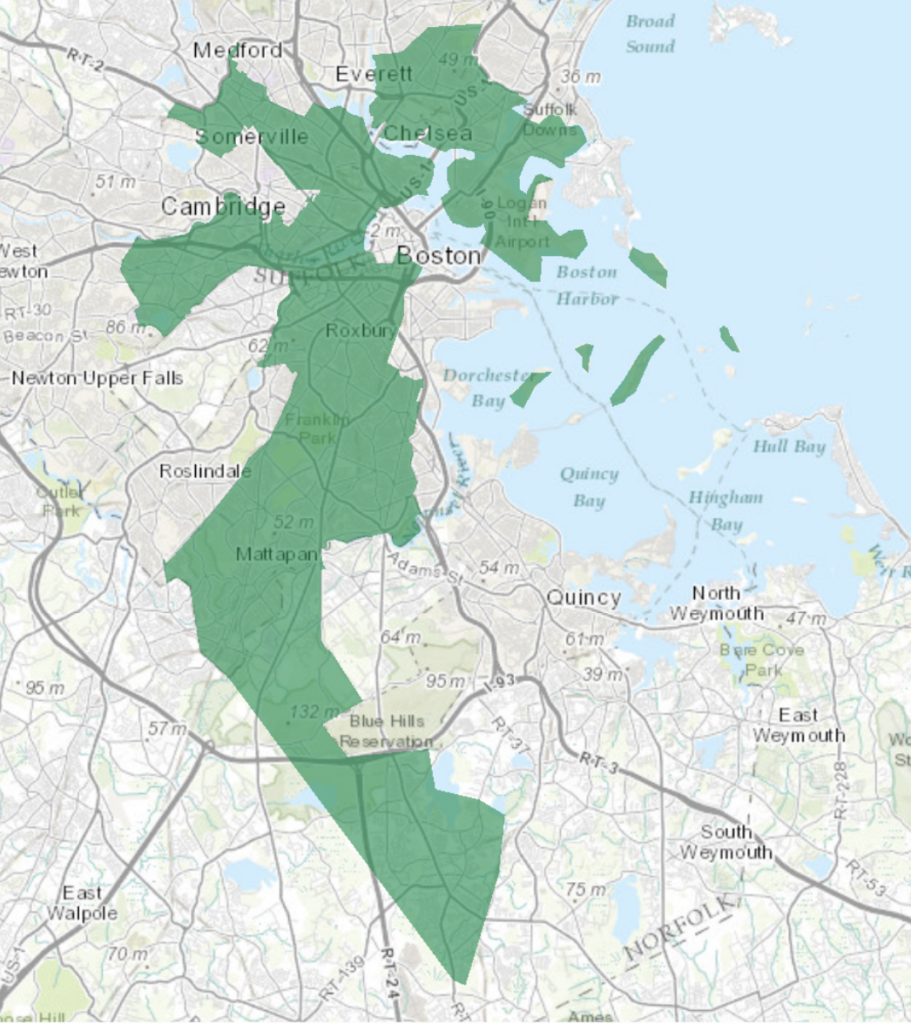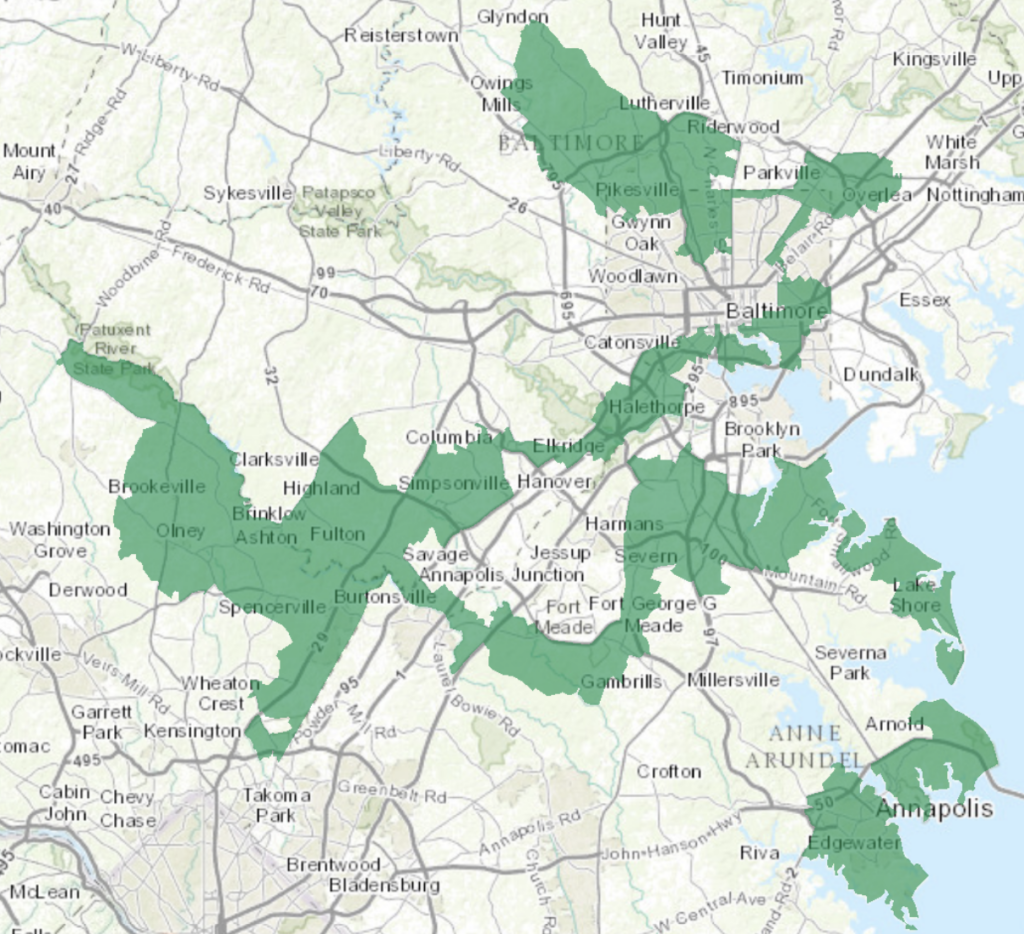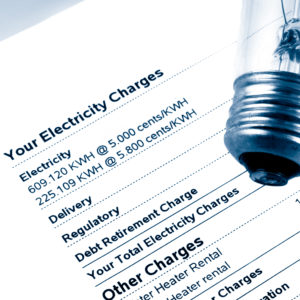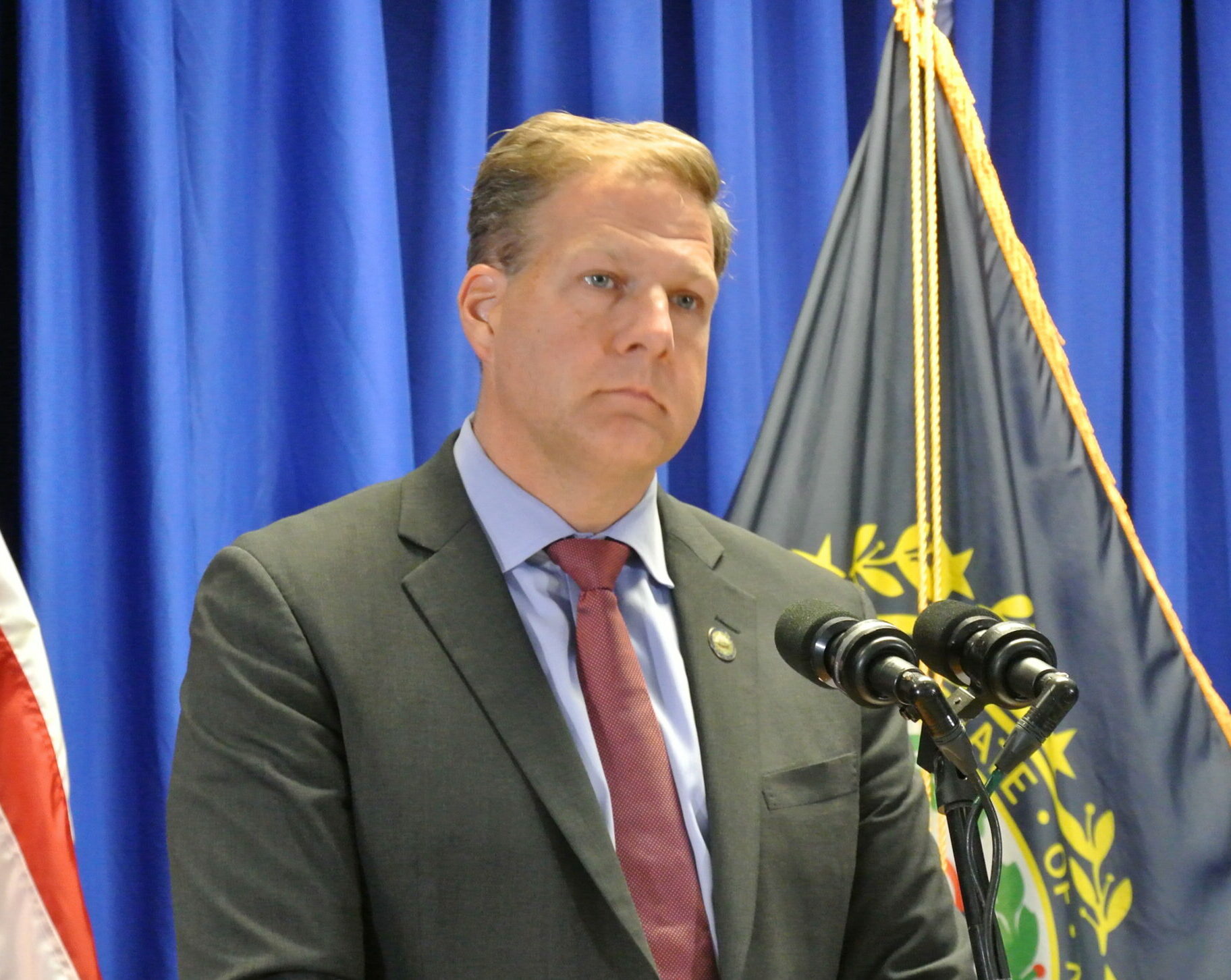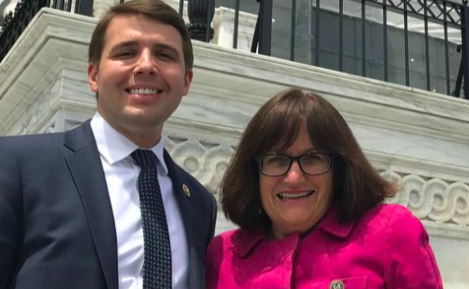
On Friday night, the media coverage was dominated by the question: “Will she or won’t she?” Would Speaker Nancy Pelosi (D-Calif.) get the votes she needed to pass the “BIF” — the bipartisan infrastructure bill?
Now that it has passed in the House by a 228-206 vote, with 13 Republicans voting in favor and six Democrats voting against it, it’s time for another question:
What the heck did Congress just vote for?
All four members of the New Hampshire delegation voted for the $1.2 trillion spending plan. (Sens. Maggie Hassan and Jeanne Shaheen voted for it nearly three months ago. It was trapped in the House since.)
Most of the coverage of the “BIF” has focused on the traditional infrastructure spending, including:
— $110 billion in funding for roads, bridges, and major projects;
— $66 billion investment in rail, most of which will go to Amtrak;
— $65 billion for broadband infrastructure and development;
— $7.5 billion for electric vehicle chargers.
That’s certainly the focus of Hassan and Rep. Chris Pappas. “Investments in our roads and bridges, water systems, and broadband are critical to our future economic growth and way of life in New Hampshire, and they will help us continue to rebuild our economy and regain our competitiveness following the COVID-19 pandemic,” Pappas said after the vote.
Pappas specifically touted the more than $1.5 billion in the additional road, bridge, and transit spending over the next five years, “representing a 47 percent funding increase in fiscal year 2022 and additional increases in years to come.”
Who could object to a nearly 50 percent jump in spending on roads? And cell phone users who travel the Granite State are likely pleased by the idea that their notoriously spotty service might improve.
But these are the headlines of Friday’s late-night vote. In the fine-print, Granite Staters will find New Hampshire’s delegation also voted for:
More Deficit Spending
Despite repeated assurances from President Joe Biden that infrastructure spending “costs zero dollars,” the BIF costs more than $1 trillion. What Biden meant, his allies say, is that it won’t cost any borrowed dollars, that Americans can feel good that neither of his infrastructure bills will add to the deficit.
Unfortunately, they’re wrong on that count as well. The Congressional Budget Office (CBO) published its score of the bipartisan Infrastructure Investment and Jobs Act (as opposed to the much-bigger reconciliation) in August, and they found the legislation would directly add more than $340 billion to the deficit.
A Vehicle Mileage User Fee Pilot Program
SEC. 13002 of the bill is the “National Moter Vehicle Per-Mile User Fee Pilot Program.” The objectives of the program, according to the legislation, are to “test the design, acceptance, implementation, and financial sustainability of a national motor vehicle per-mile user fee” and “address the need for additional revenues for surface transportation infrastructure.”
Critics of the program point to the phrase “additional revenue” as opposed to “replacing revenue.” They say it’s a sign the goal is to add a mileage tax on top of the current gasoline taxes, rather than to replace them. And, they note, a mileage tax takes away one of the few incentives to drive an electric car — namely, lower costs.
Biden’s defenders say it’s just a pilot program and the administration has no (announced) plans to impose such a national fee. The pilot might encourage individual states to pursue it, however. Just as the state of New York has passed a ban on the sale of regular internal-combustion engine cars as of 2035. Every car sold as of that date in New York must be a zero-emissions vehicle.
EV Chargers for Electric Cars That Don’t Exist
Speaking of EVs…
The $7.5 billion Congress just passed for electric vehicle (EV) chargers is, according to the White House, just a down payment on the funding needed to install 500,000 public EV charging stations by 2030.
The question is, who’s going to use them?
First, from a statistical standpoint, virtually nobody owns EVs in the U.S. As climate expert Matthew Lewis recently noted, of the 280 million or so registered cars and trucks in the country, only about 2 million are fully electric. Even if the nation added another 2 million electric vehicles a year — which would be a sales level far beyond anything the nation has seen — there would still be fewer than 15 million EVs on the road — still a tiny fraction of the total.
And then there’s the charger technology. In a recent interview for Emerging Tech, EV expert Brendan Jones, president of Blink Charging, talked about the chargers this tax money will buy:
“Jones said that in a good scenario, it takes about six months for an L2 charger—which need up to 8 hours to fully charge a car and make up 82 percent of public chargers in the U.S.—to go through permitting and get in the ground. Meanwhile, a D.C. fast charger (also known as an L3 charger) takes 60 to 90 minutes to charge a car, but can take considerably longer to build.”
How many drivers can park in a public lot for 8 hours to charge their cars? Or even for 90 minutes?
Advancing The Controversial Reconciliation Spending Bill
In the wee hours of Saturday morning, the House cast a straight party-line vote to move Biden’s so-called “Build Back Better” bill forward. It was a key step to get to what Pelosi says will be a vote before Thanksgiving on the legislation itself.
That’s the $4 trillion plan that includes massive social spending and more than half a billion on green energy policy. In the new Suffolk University poll for USA Today released Sunday, Americans are split on this bill, with just 47 supporting it and 44 percent in opposition. And only one in four Americans says they believe it will help them and their families.
Which brings up perhaps the most relevant fact about the votes cast for the infrastructure bill by New Hampshire’s congressional delegation: They didn’t address the issues Americans care about most.
Inflation. Bare store shelves. A lack of workers. The lingering impacts of COVID on daily lives, particularly on schools and children. Those are the things voters said last week brought them to the polls. Notably absent: Road and bridge construction, train travel, or the Green New Deal.
Even if Americans were in the mood to add billions to the national debt, there isn’t much information to show Americans would want to borrow this much money for EV chargers and Amtrack trains.
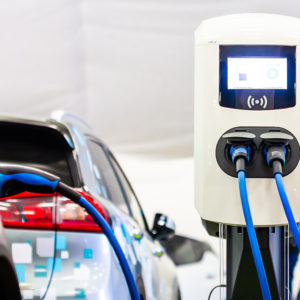

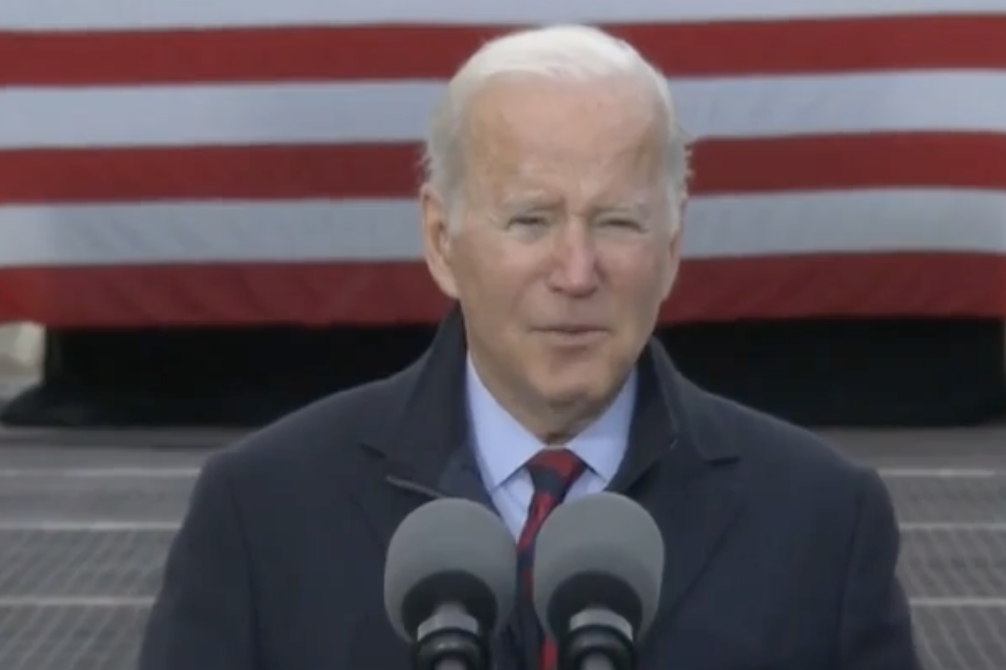



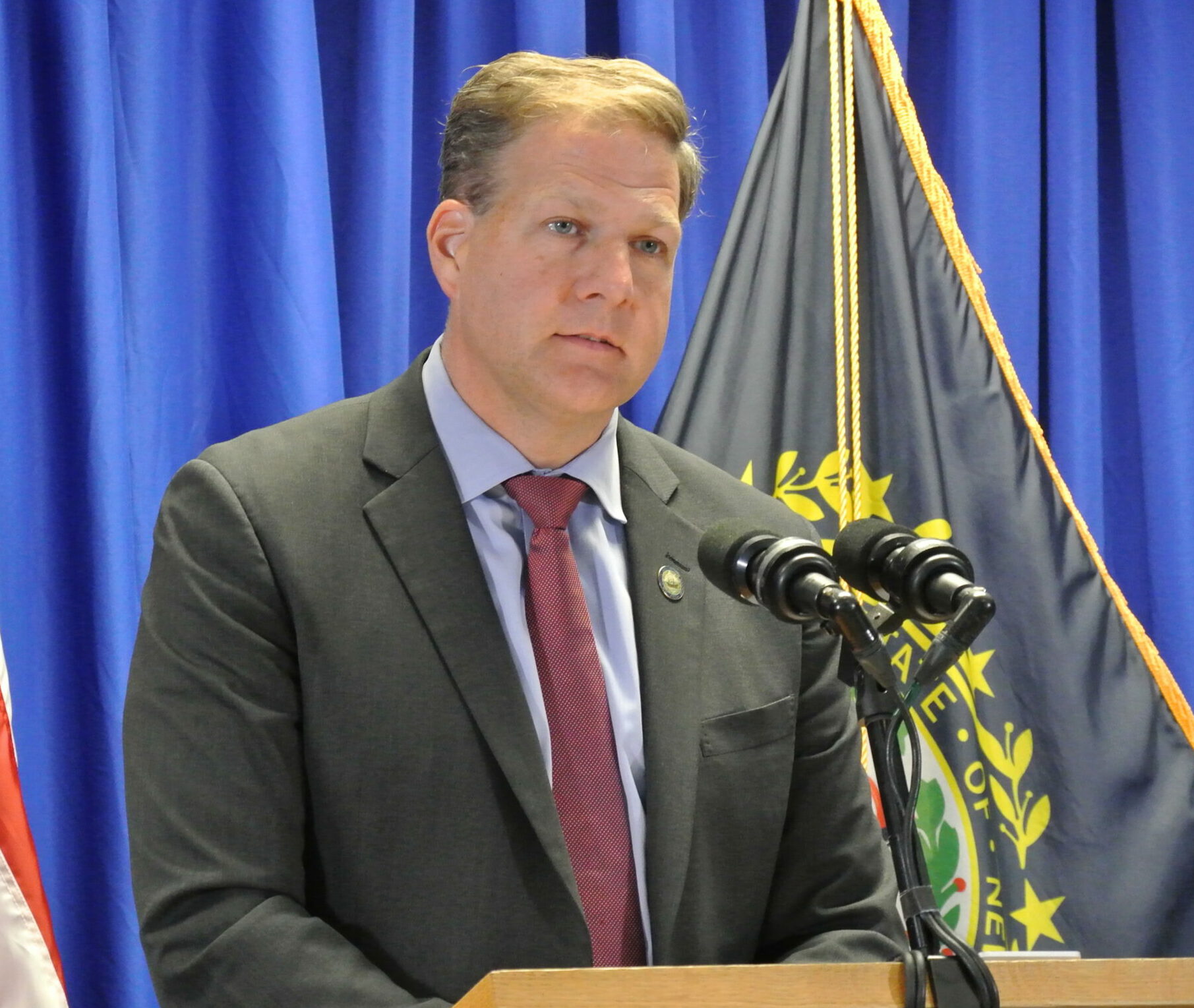

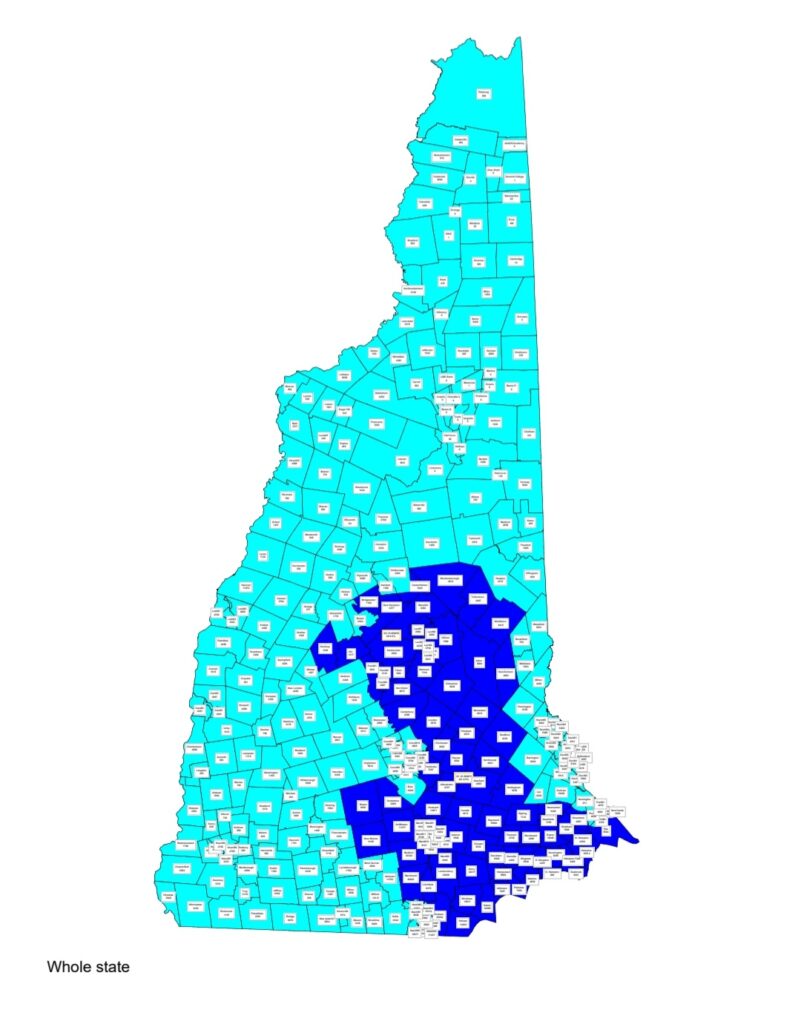 Democrats responded to this modest display of candor with outrage.
Democrats responded to this modest display of candor with outrage.